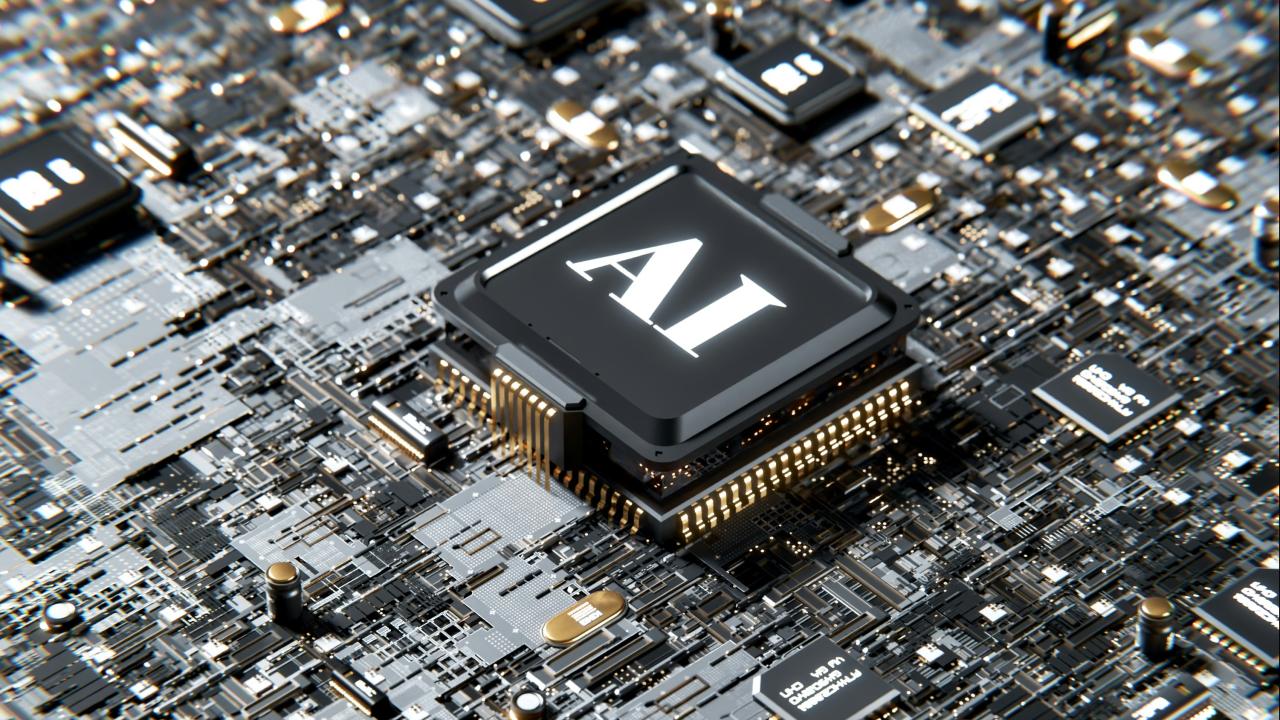
Likewise, one in three companies worldwide plans to allocate more than US$25 million to artificial intelligence this year.
Artificial intelligence (AI) is moving from a promise to a driver of transformation. According to the Boston Consulting Group (BCG) AI Radar 2025 study, 80% of companies in the region consider it one of their top three strategic priorities, above the global average of 75%.
The report, based on the opinions of more than 1,800 executives across 19 markets and 12 industries, also shows that one in three companies worldwide plans to allocate more than $25 million to artificial intelligence this year. However, this enthusiasm doesn't always translate into concrete results: although investment is growing, only 25% of companies report achieving significant value from their AI initiatives, 26% in the case of South America.
"The corporations that have successfully capitalized on AI aren't necessarily those that invest the most, but rather those that know where to direct their efforts. The challenge isn't spending more, but rather focusing on the right use cases, scaling them quickly, and measuring their impact," explained Julián Herman, managing director and partner at BCG.
Companies that have made the most progress in artificial intelligence have a clear focus: they allocate more than 80% of their AI investment to transforming key processes and developing new solutions, rather than spreading it across multiple, lower-impact initiatives.
Meanwhile, companies with less technological maturity try to address more use cases at the same time, which ends up diluting results. On average, leading companies prioritize 3.5 strategic use cases, while others manage up to 6.1 initiatives in parallel without achieving the same impact.
Investment in AI, but with little priority on sustainability
Despite the growth in AI adoption, sustainability remains an outstanding issue. Eighty-five percent of South American companies do not prioritize energy-efficient solutions when selecting AI providers, seven percentage points above the global average of 78%.
Another problem is the lack of clear financial indicators: 65% of South American companies (60% globally) do not monitor financial KPIs to measure the return on AI, making it difficult to translate investments into tangible value.
Autonomous Agents: The Next Big Leap in AI
Beyond traditional automation, so-called autonomous agents are beginning to attract the attention of companies. These systems, designed to make decisions and execute tasks with minimal human intervention, are already part of the AI strategy of 67% of the executives surveyed, 61% of them from South America. Although their deployment is still in its initial stages, their adoption could mark a turning point in the way companies operate and optimize their processes.
The talent challenge: South America has yet to accelerate its training
While automation raises employment concerns, most companies are focusing on adaptation rather than replacement. Only 7% of executives globally anticipate a reduction in their workforce due to AI, with South Americans expecting the greatest impact: 14% said they expect a reduction in staff.
In contrast, 68% of respondents worldwide expect to maintain their current team, focusing on improving productivity and training their staff in new digital skills, 60% in the case of the region.
However, this is where South America faces a significant challenge: only 20% of regional companies have trained more than a quarter of their workforce in AI and GenAI, suggesting a lack of preparedness to maximize the potential of these technologies. Globally, the average is 29%, and in Asia-Pacific, the leading region in this regard, it is 34%.
"It's not enough to simply buy the best technology. For AI to have a real impact, companies must transform their organizational culture, empower their teams, and measure results in a disciplined manner," Herman added.
Pending challenges: security, regulation and control
The growth of AI also brings with it new challenges. The top risks identified by business leaders include data privacy and security (66%, 74% in South America), a lack of control or understanding of AI decisions (48%, 44% for respondents in the region), and regulatory hurdles (44%, 41% for South American executives).
Furthermore, cybersecurity remains a critical issue: 76% of global executives acknowledge that their AI protection measures require improvement, and 79% in the region.
“Interest alone isn't enough. For artificial intelligence to be a transformative technology for South American companies, it's key that they adopt a strategic, results-oriented approach,” concludes the managing director and partner at BCG.









